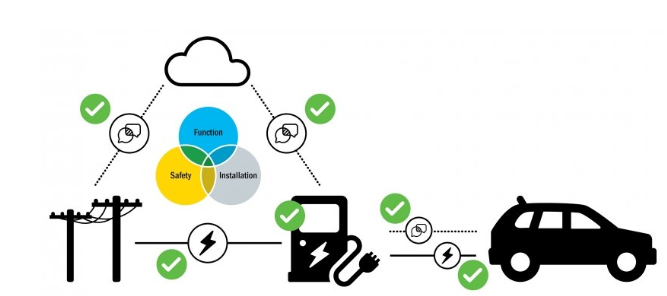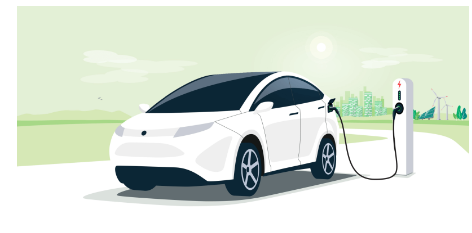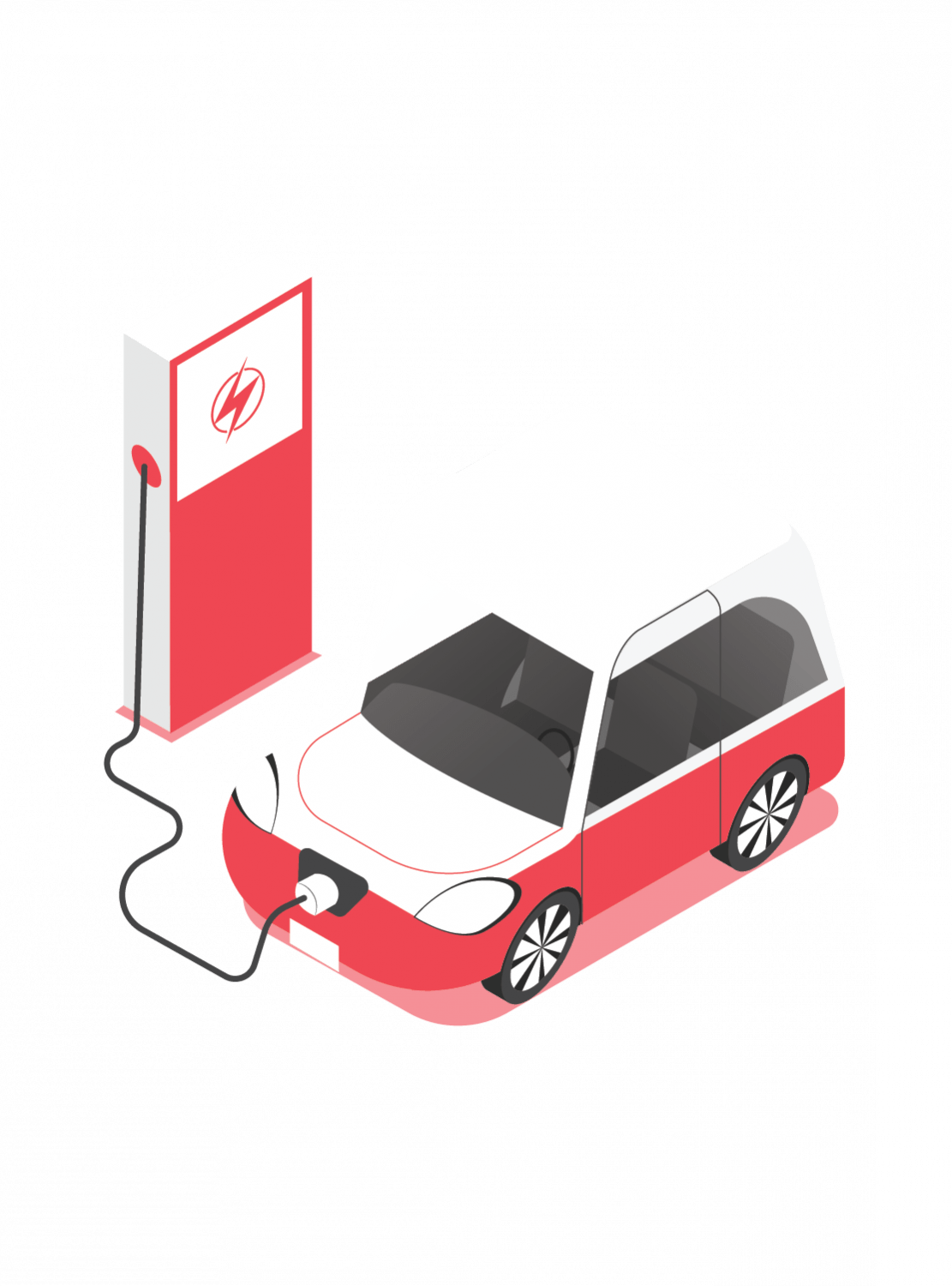Driving Safety: How Technical Standards Power the EV Revolution
Ever wondered why EVs (Electric Vehicles) are safer, smarter, and more efficient? The secret lies in the technical standards and EV technology that power them. Let’s explore how these innovations are rewriting the rules of road safety and green mobility!

Introduction: Safety in the Age of EVs
With India accelerating its push toward clean and sustainable transportation, the adoption of electric vehicles is at an all-time high. But behind this green shift lies a critical foundation—technical standards and evolving EV technology—that ensures these vehicles are not just efficient but also extremely safe to drive.
From battery testing labs to smart braking systems, EVs are a testament to how technology and regulations come together to protect lives and the environment.
Curious about how this works? Let’s dive deeper.
2. From Custom to Common Standards

The Role of Technical Standards in EV Safety
Technical standards serve as the rulebook for the design, manufacturing, and performance of EV components. These guidelines ensure that every electric vehicle on the road meets consistent safety, durability, and performance benchmarks.
Here’s how these standards are shaping safety:
-
Battery Safety: Mandates on battery composition, thermal management, and insulation to prevent overheating and fires. Explore our Li-ion Battery Guide
-
Charging Standards: Uniform plug types and safety mechanisms for public and home charging.
-
Crash Protection: Regulations to protect the battery pack during collisions.
-
Waterproofing & Insulation: Standards like IP67 to ensure EVs are safe during rains and floods.
Want to understand how these standards are integrated into training? Check out our COE EV Labs.
EV Technology: Making Roads Smarter and Safer
EV technology isn’t just about replacing engines with motors—it’s a whole new world of intelligent systems working behind the scenes to enhance driving experience and safety.
Some breakthrough innovations include:
-
Advanced Battery Management Systems (BMS): Prevents short circuits, overcharging, and overheating.
-
Regenerative Braking Systems: Increases efficiency while adding a layer of safety.
-
Collision Detection & Smart Sensors: EVs are often embedded with IoT-based safety alerts.
-
AI-based Driver Assistance: Used for autopilot, lane discipline, and fatigue detection.
These advancements are built and tested in industry-ready environments such as EV Labs developed by ISIEINDIA.
How Institutions Are Leading EV Safety Innovation
Colleges and universities in India are not just observers—they’re becoming active contributors to EV safety and innovation by setting up EV Labs and Centers of Excellence (COE) focused on electric vehicle technology.
Benefits of integrating EV Labs in institutions:
-
Curriculum aligned with technical EV standards
-
Real-time simulation and diagnostics on battery safety
-
Faculty development in emerging EV safety protocols
-
Research opportunities in vehicle-to-everything (V2X) safety
Check how our COE Lab setup can transform your campus into an innovation hub.
Why Technical Standards Are Crucial for EV Adoption in India
India is on a mission to become a global leader in the EV space. But with mass adoption comes the responsibility of ensuring uniform safety and performance across all vehicles.
The government and private players are working together to create a safer ecosystem through:
-
Standardization of EV battery modules
-
Mandating ISO, BIS, and AIS certifications
-
PLI schemes favoring compliant EV manufacturers
-
Regulatory testing of all EVs before commercial rollout
Want to be part of the policy and tech revolution? Enroll in our Executive PG Certification in EV Engineering to get hands-on with real-world EV safety and standards.
Future of EV Safety: Smart Standards for Smart Vehicles
As EVs become smarter, so will the technical standards governing them. India’s next phase includes:
-
Autonomous vehicle testing protocols
-
Enhanced thermal stability for battery packs
-
Cybersecurity standards for connected EVs
-
Battery swapping safety certification
All of this is being driven by research and development happening in EV Labs like those at ISIEINDIA. Explore our EV Battery Lab infrastructure.
-
Final Thoughts: Be Part of the Safe EV Future
Safety is no longer optional—it’s a necessity in the rapidly growing electric vehicle sector. By embracing robust technical standards and staying updated with the latest EV technology, we are not just moving towards a greener world, but a safer one too.
Institutions, policymakers, and professionals have a vital role to play. Whether you’re an educator looking to set up an EV Lab or a learner aiming to join the EV industry, the time is now.
Let ISIEINDIA help you drive safely into the future.



